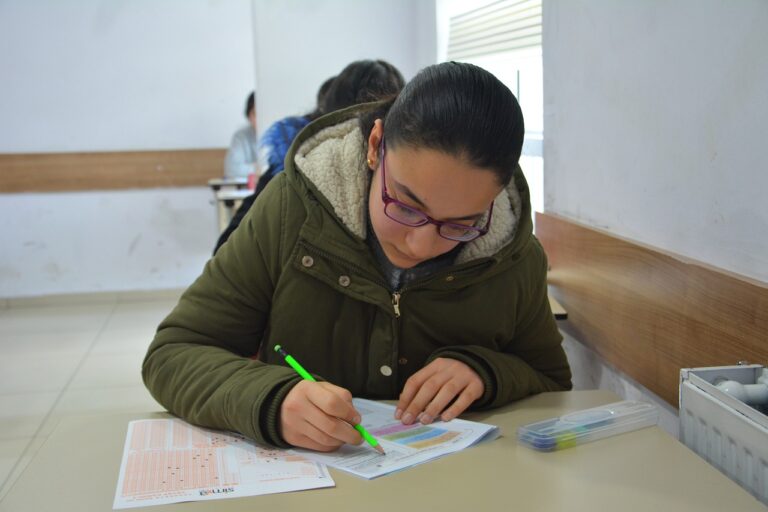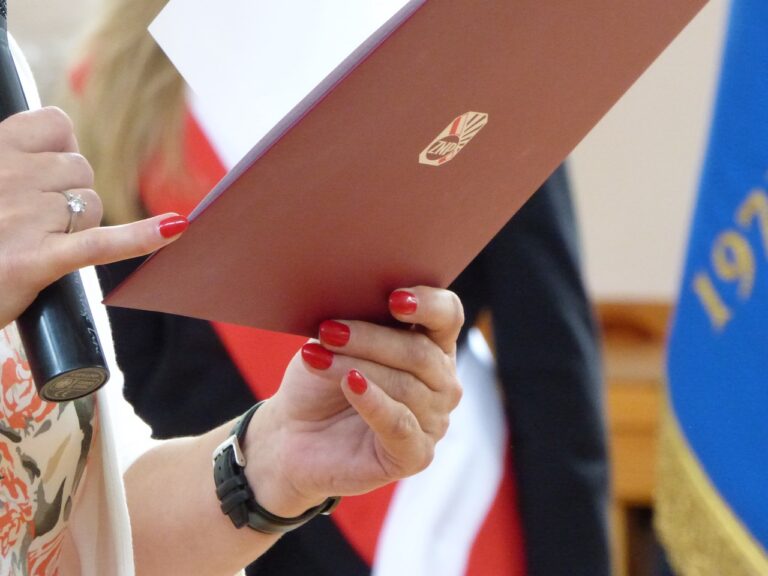Supporting LGBTQ+ Inclusive Education in Schools
LGBTQ+ inclusive education is crucial in schools to create a safe and supportive learning environment for all students. By incorporating LGBTQ+ perspectives and experiences into the curriculum, schools can help combat discrimination and promote acceptance among students. This inclusive approach also allows LGBTQ+ students to see themselves reflected in the material being taught, helping them feel seen and valued in the educational setting.
Furthermore, LGBTQ+ inclusive education helps challenge stereotypes and foster empathy among students. By learning about different sexual orientations and gender identities, students can develop a better understanding of diversity and respect for individual differences. This can lead to increased tolerance, decreased bullying, and ultimately a more inclusive school community where all students feel respected and accepted for who they are.
Challenges Faced by LGBTQ+ Students in Traditional Education Settings
Many LGBTQ+ students face discrimination, bullying, and harassment in traditional education settings. They often encounter negative stereotypes and prejudices from both peers and educators, leading to feelings of isolation and alienation. This hostile environment can hinder their academic performance and overall well-being, creating barriers to their educational success.
Moreover, LGBTQ+ students may struggle to find relevant and accurate information about sexual orientation and gender identity in the curriculum. The lack of representation and acknowledgment of LGBTQ+ individuals in educational materials can contribute to a sense of invisibility and erasure, impacting their self-esteem and sense of belonging in the school community. These challenges highlight the urgent need for more inclusive and affirming educational policies and practices to support the diverse needs of LGBTQ+ students.
Benefits of LGBTQ+ Inclusive Curriculum for All Students
Implementing LGBTQ+ inclusive curriculum in schools offers a valuable opportunity for all students to learn about diverse perspectives and experiences. By including LGBTQ+ history, literature, and contributions in the curriculum, educators create a more inclusive learning environment that fosters empathy, understanding, and respect among students. This can help combat stereotypes, reduce discrimination, and promote a culture of acceptance and inclusion within the school community.
Moreover, exposing all students to LGBTQ+ content can help them develop critical thinking skills and broaden their worldview. Through studying LGBTQ+ issues, students can engage in meaningful discussions, challenge their assumptions, and gain a deeper appreciation for the complexities of human identity and relationships. By offering a more comprehensive and diverse curriculum, schools are better equipped to prepare students for a diverse and interconnected world, ultimately promoting social justice and equality for all.





